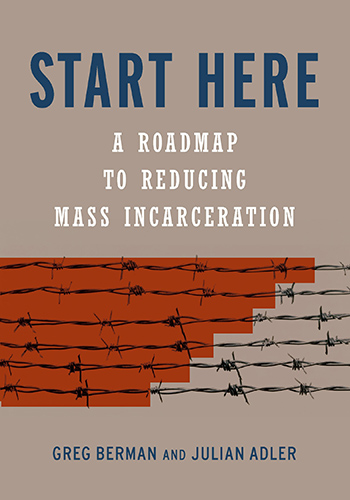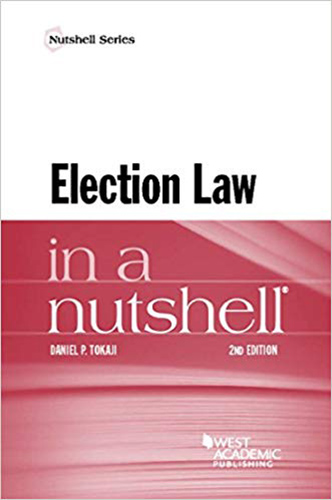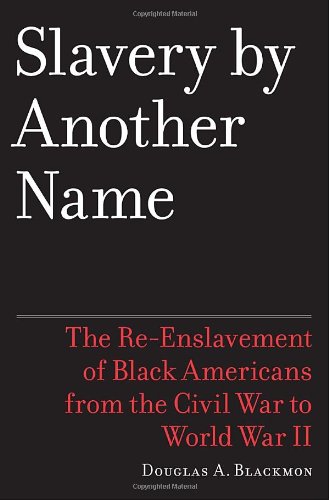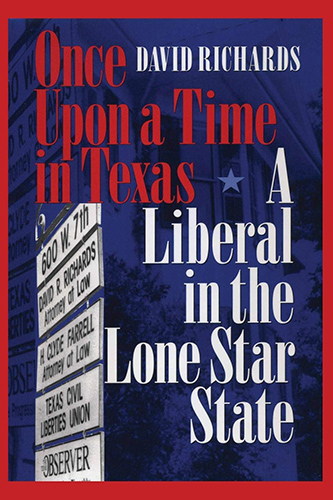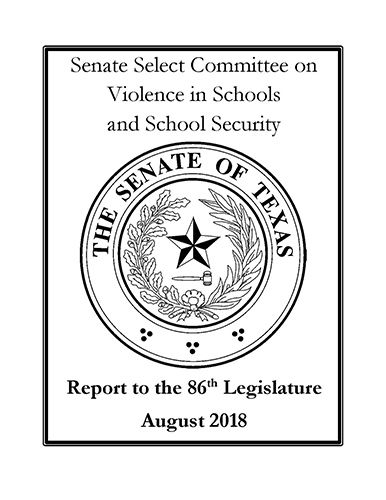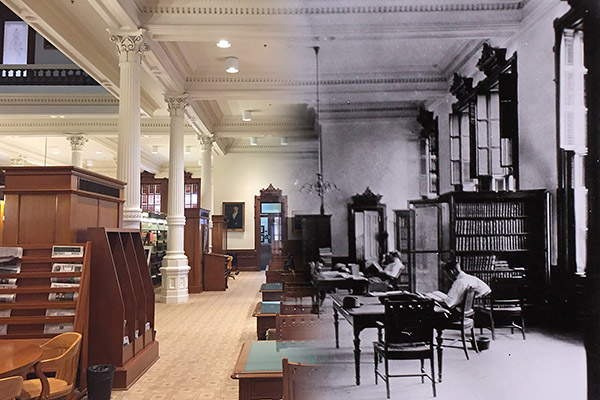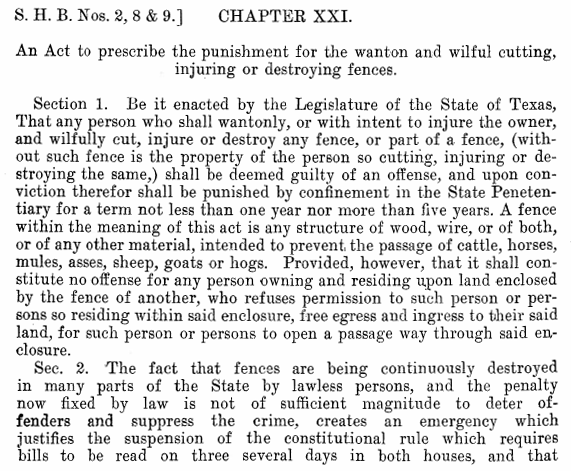In this weekly post, we feature helpful research tools and recent articles of interest to the legislative community.
- Track the fiscal impact of Hurricane Harvey on state agencies. (Legislative Budget Board, September 11, 2018)
- Review recent oil and gas production statistics from across the state. (Railroad Commission of Texas, September 25, 2018)
- Be ready to vote by registering or confirming your registration. (Texas Secretary of State, September 7, 2018)
- Find hunting, fishing, and boating regulations in TPWD's Outdoor Annual. (Texas Parks and Wildlife Department, 2018-2019)
- "Military bets on Austin's big ideas." By Mike Cronin. Austin Business Journal, September 21, 2018, pp. 4-7.
Discusses how landing the Army Futures Command and the increase in defense spending will impact the Austin region's business community and the developing national security industry. - "Final opioid package should include several Medicaid provisions that improve access to care: But one remains a serious concern." By Anna Bailey, et al. Center on Budget and Policy Priorities, Updated September 18, 2018, pp. 1-7.
Provides a status update on federal legislation to address the opioid epidemic, including Medicaid access to substance abuse treatment. Related information at: https://www.congress.gov/bill/115th-congress/house-bill/6. - "Does it matter if a political candidate has huge student-loan debts? Georgians will decide." By Dan Bauman. Chronicle of Higher Education, September 7, 2018, p. A55.
Considers how voters might weigh significant student-loan debt when deciding on candidates to support. Highlights the case of Stacey Abrams, Democratic candidate for Georgia governor. - "Animal harm." By Jacob Holzman. CQ Weekly, September 17, 2018, pp. 22-25.
Describes environmental implications of the border wall, particularly for animal and butterfly habitat. Discusses 2010 flooding along the existing border wall on the Rio Grande River. - "Narrow banking: A hornets' nest." Economist, September 22nd-28th, 2018, p. 69.
Reports on a complaint against the Federal Reserve Bank of New York for stalling the creation of a bank with a novel business model — a bank that restricts itself to receiving deposits but does not make loans to companies or individuals. Considers the operation risks associated with narrow banking. Related information at: https://faculty.chicagobooth.edu/john.cochrane/research/papers/Complaint%20(filed).pdf. - "DNA testing seeks answers for dyslexia." By Sarah D. Sparks. Education Week, September 12, 2018, pp. 1, 9.
Details Yale University study that could lead to the development of a genetic screening tool for early identification of students with dyslexia. Addresses benefits and concerns of using DNA testing in a school environment. - "Quality counts 2018: K-12 assessment and change for success." By Alyson Klein, et al. Education Week, September 5, 2018, pp. 1, 16-26.
Compares performance among the 50 states on several accountability measures, including test scores, high school graduation rates, poverty gaps, and student achievement. Grades Texas an overall C- on K-12 achievement, C on chance for success, and D+ on school finance. - "Checkpoint nation: Border agents are expanding their reach into the country's interior." By Melissa del Bosque. Harper's Magazine, October 2018, pp. 35-42.
Explores the powers of Customs and Border Protection to set up security checkpoints and conduct search and detention operations within the "border zone," defined as 100 miles from any land or coastal boundary of the United States. - "The price of health care: Why is the United States an outlier?" By Tal Gross and Miriam J. Laugesen. Journal of Health Politics, Policy, and Law, October 2018, pp. 771-791.
Examines and deconstructs various explanations why the United States spends more than any country on health care. Argues that since policy makers cannot adjust provider reimbursement rates down, they need to rework the nature of reimbursement all together. - "Cities getting smarter." Public Utilities Fortnightly, September 2018, pp. 36-40.
Features an interview with the CEO of CPS Energy, Paula Gold-Williams, regarding how the municipal utility is adapting to the evolving industry. - "Fiscal decentralization and financial condition: The effects of revenue and expenditure decentralization on state financial health." By Akheil Singla and Samuel B. Stone. State and Local Government Review, June 2018, pp. 119-131.
Analyzes several economic, political, and demographic indicators to explore the relationship between fiscal decentralization to the local government level and long-term state financial condition. - "Drop in Mexican-born immigrants attributed to hostility here, opportunity there." By Tim Henderson. Stateline (Pew Charitable Trusts), September 20, 2018, pp. 1-5.
Discusses factors that have reduced the number of Mexican-born immigrants living in the United States. Includes Texas among the states with the largest drop in Mexican immigrant population. - "Financial squeeze." By Sean Price. Texas Medicine, September 2018, pp. 23-24, 26-27.
Examines the firing of physicians and closure of seventeen Children's Health Pediatric Group clinics in the Dallas area. Highlights the problems of low Medicaid payment rates, relying on nurse practitioners and physician assistants to provide the majority of medical care, and the possibility of reduced access to care for Medicaid patients. - "The life of the American teacher." By Katie Reilly. Time, September 24, 2018, pp. 26-33.
Examines the current experience of public school teachers, including declining teacher salaries and benefits, education budget cuts, and a record-high pay gap between teachers and other comparably educated professionals. Notes teacher walkouts and demonstrations in states from Arizona to Oklahoma this year.

